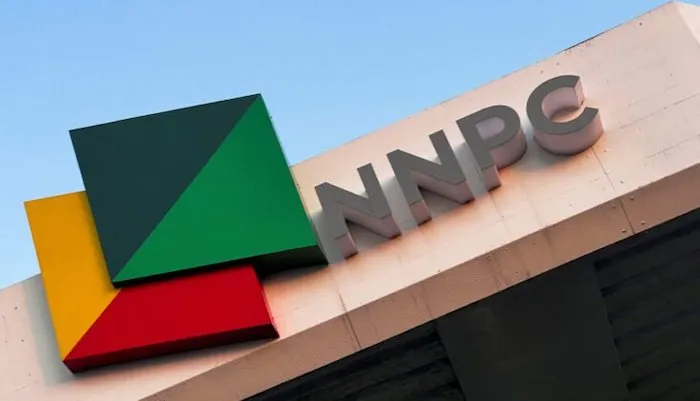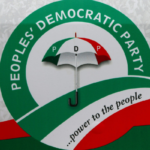The Nigerian National Petroleum Company Limited (NNPCL) has described a news report that it has ended the importation of refined petroleum products and is now sourcing from the Dangote Petroleum Refinery and other local refineries as a misrepresentation and misinterpretation of fact.
A national newspaper (not Daily Trust) had, on Tuesday, credited NNPCL’s Group Chief Executive Officer, Mele Kyari, as signalling the end of fuel importation.
Kyari spoke in Lagos at the Nigerian Association of Petroleum Explorationists conference themed: ‘Resolving the Nigerian Energy Trilemma: Energy Security, Sustainable Growth and Affordability.’
However, in a statement, Mr Femi Soneye, the NNPCL Chief Corporate Communications Officer, submitted that though Kyari’s statement was correctly quoted in the news report, the interpretation contained factually inaccurate assertions and misrepresentations.
- Bwala, Atiku’s ex-aide, finally joins Tinubu’s cabinet
- NNPCL makes key leadership appointments
“While your report quotes the GCEO’s exact words in several instances, you have inserted interpretations that misrepresent the context and meaning of the statement. This misrepresentation has created a false narrative that deviates significantly from the facts,” he said.
Soneye described as unfortunate the infusion of incorrect assertions in the GCEO’s statement while warning media organisations to carry out due diligence when reporting sensitive national issues.
“I write to request the right of reply regarding the misrepresentation of the GCEO’s statement on fuel importation in your coverage of the NAPE Conference. Your article, published on November 12, 2024, and titled ‘NNPCL Ends N24tn Fuel Import, Buys from Dangote Refinery,’ contains factually inaccurate assertions.
“The GCEO’s statement, ‘Today, NNPC does not import any product; we are only taking from domestic refineries’, should not be construed to imply that NNPC Ltd. is obligated to be the sole off-taker of any refinery or that we will no longer import fuel.
“While NNPC prioritises sourcing products from domestic refineries, this is contingent upon economic viability. If local supply is cost-effective, it will be preferred, but the same principle applies to other marketers, who will also evaluate total costs when deciding whether to buy locally or import.”
Soneye said economic viability would guide NNPCL in its decisions on whether to source refined petroleum from local refineries or import, noting that there was nowhere in the statement where Kyari announced the end of fuel importation or mentioned N24 trillion contained in the report.
He added, “It is also essential to note that the authority to grant import licences resides with the Nigerian Midstream and Downstream Petroleum Regulatory Authority (NMDPRA), as mandated by the Petroleum Industry Act (PIA). NNPC Ltd. does not have control over more than 30% of the market, as stipulated by the PIA, which aims to prevent monopolies.
“The law promotes a free-market system where competition drives efficiency and cost reduction, ensuring that consumers benefit. Domestic refiners must compete on price and value, as patronage cannot be legislated in a deregulated sector.”
He commended the newspaper for accurately reporting that NNPC Ltd was making significant investments in Compressed Natural Gas (CNG) infrastructure as part of its broader energy security and affordability initiatives but warned against further distortion of facts especially as it relates to sensitive national energy security issues.
“However, I must express concern over a recurring trend of deliberate distortions and mischaracterization in some of your recent reports. While we understand that errors can occur, it is imperative that your reporters seek clarification when in doubt, especially on issues of national importance. Misleading narratives undermine public trust and the integrity of your reputable newspaper.
“I urge you to prioritize accuracy in your reporting and educate your team on the importance of seeking clarity before publishing sensitive content. A more cautious approach will benefit both your readership and the reputation of your publication,” he added.

 Join Daily Trust WhatsApp Community For Quick Access To News and Happenings Around You.
Join Daily Trust WhatsApp Community For Quick Access To News and Happenings Around You.


